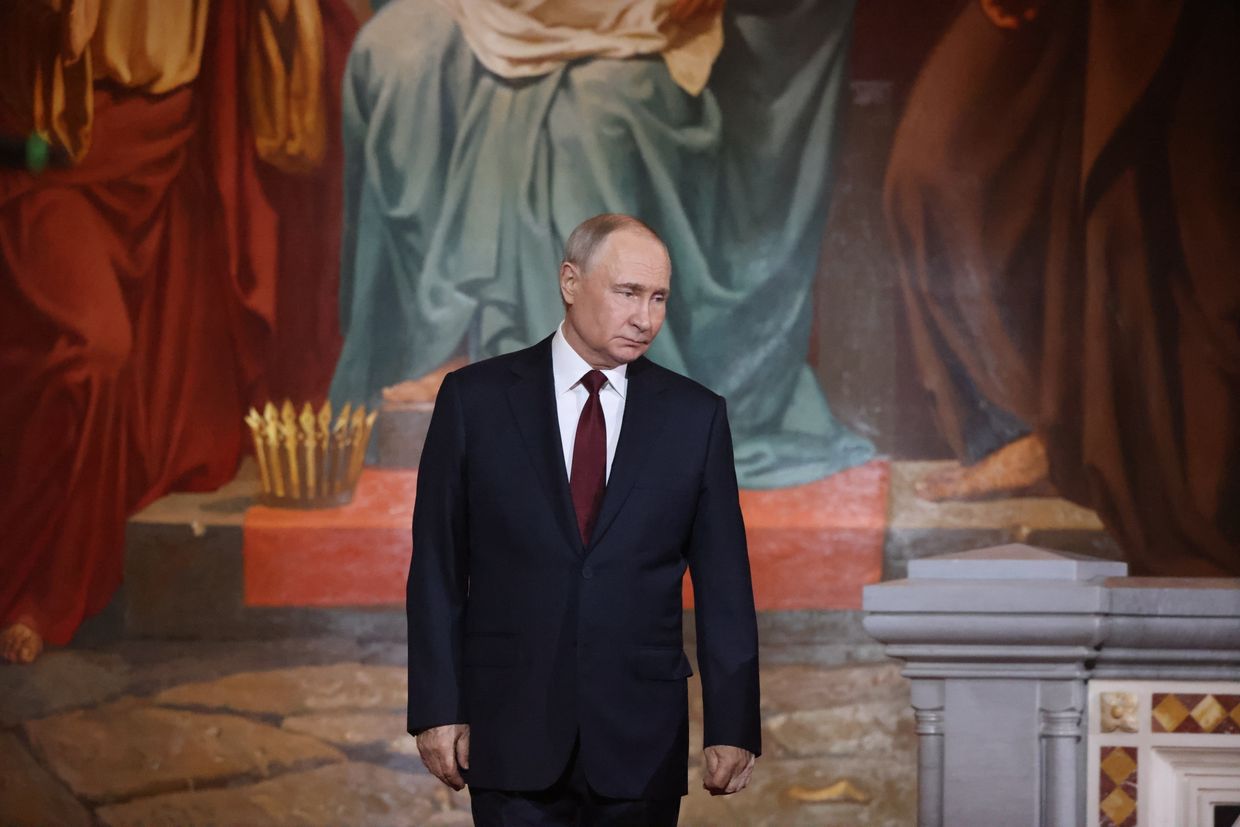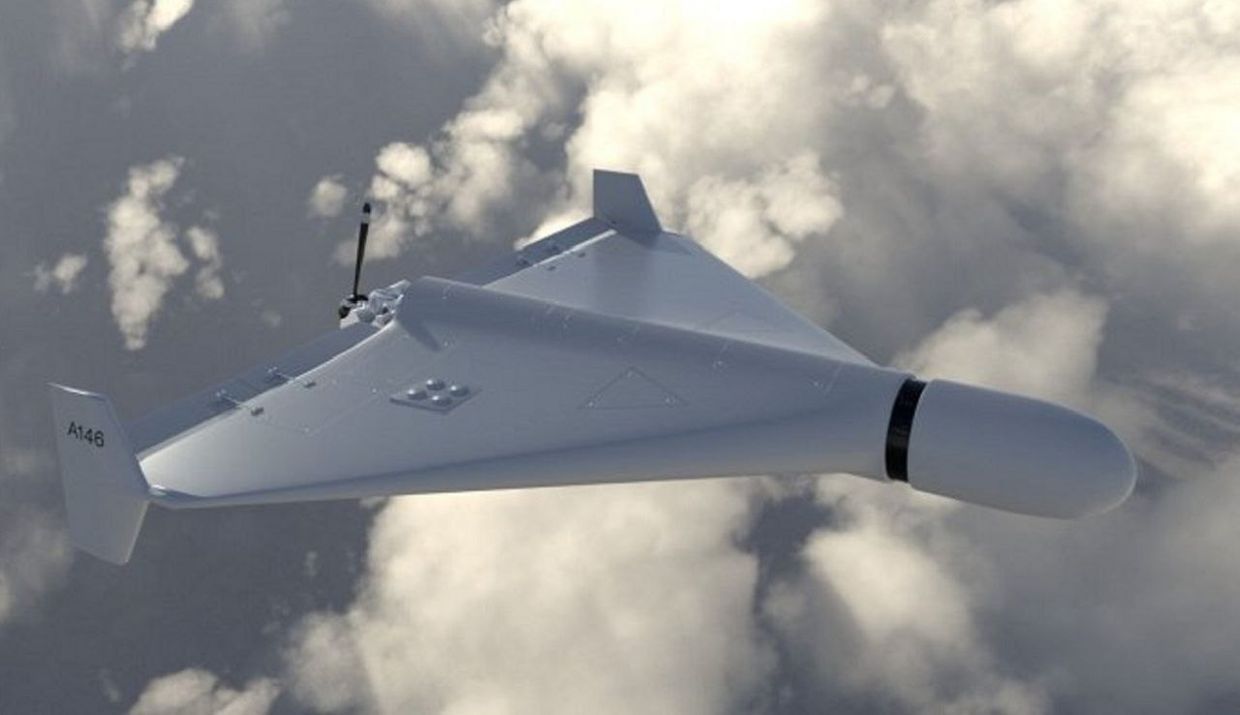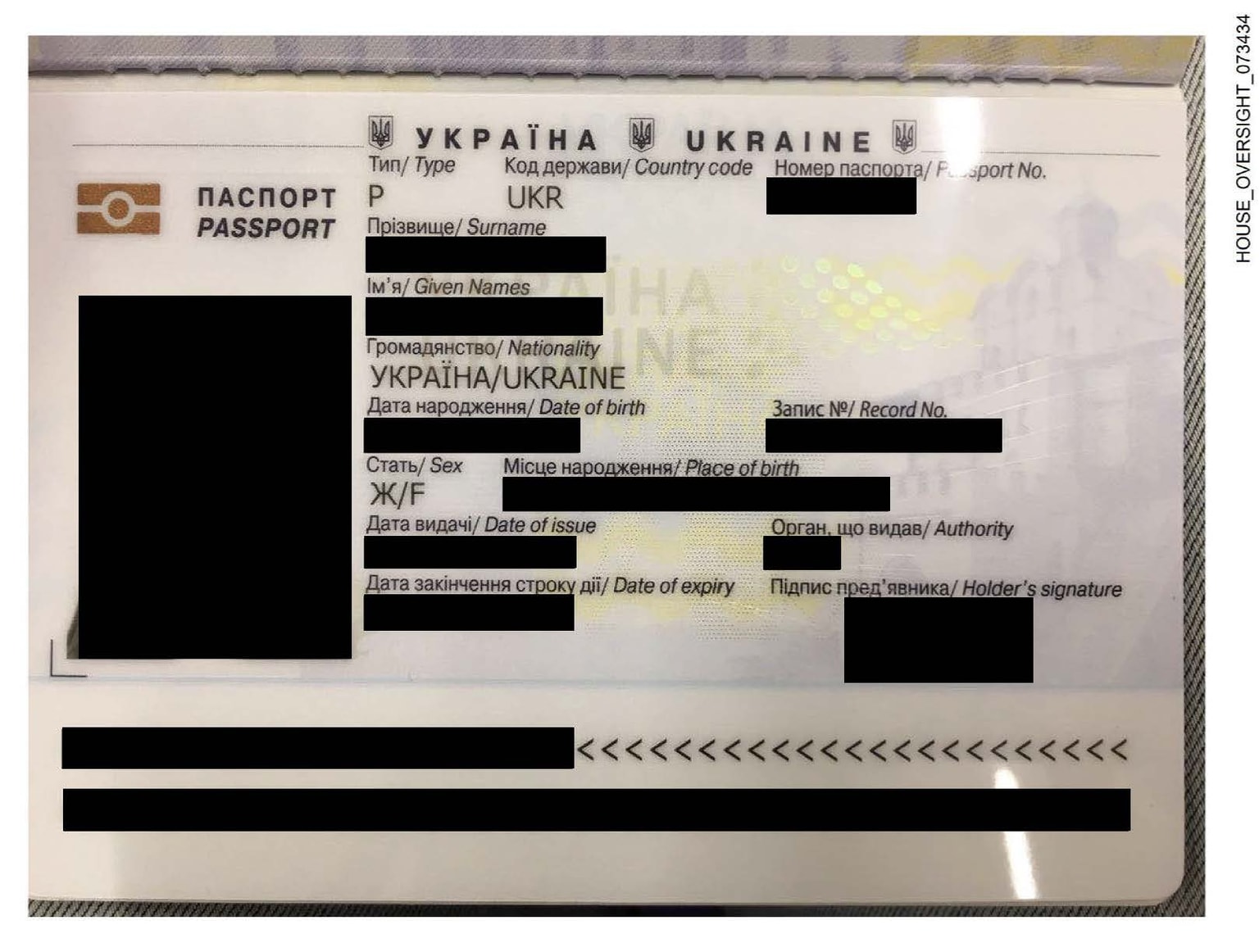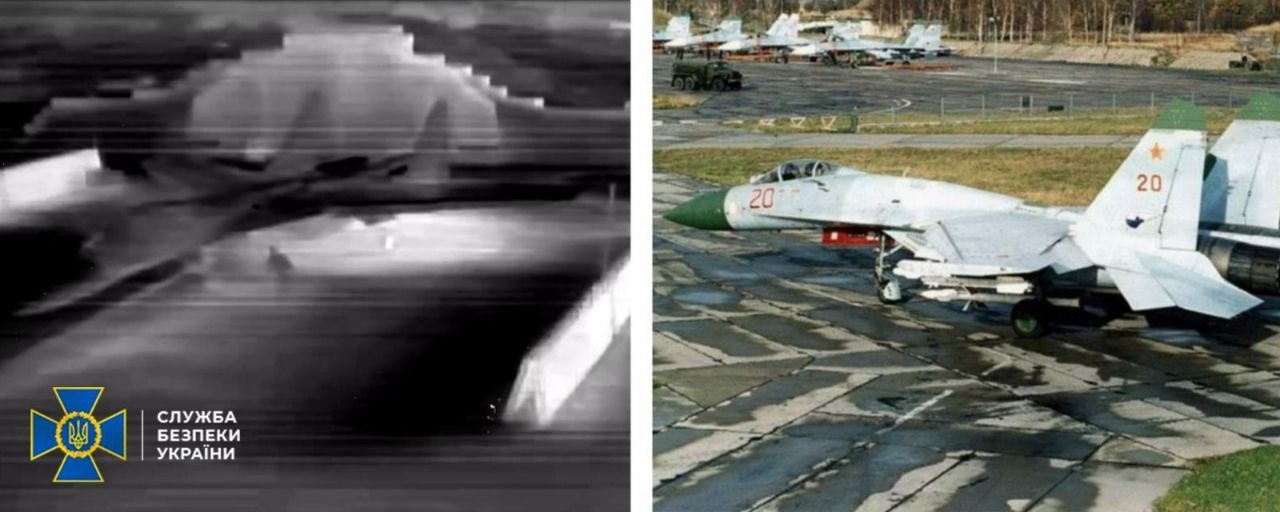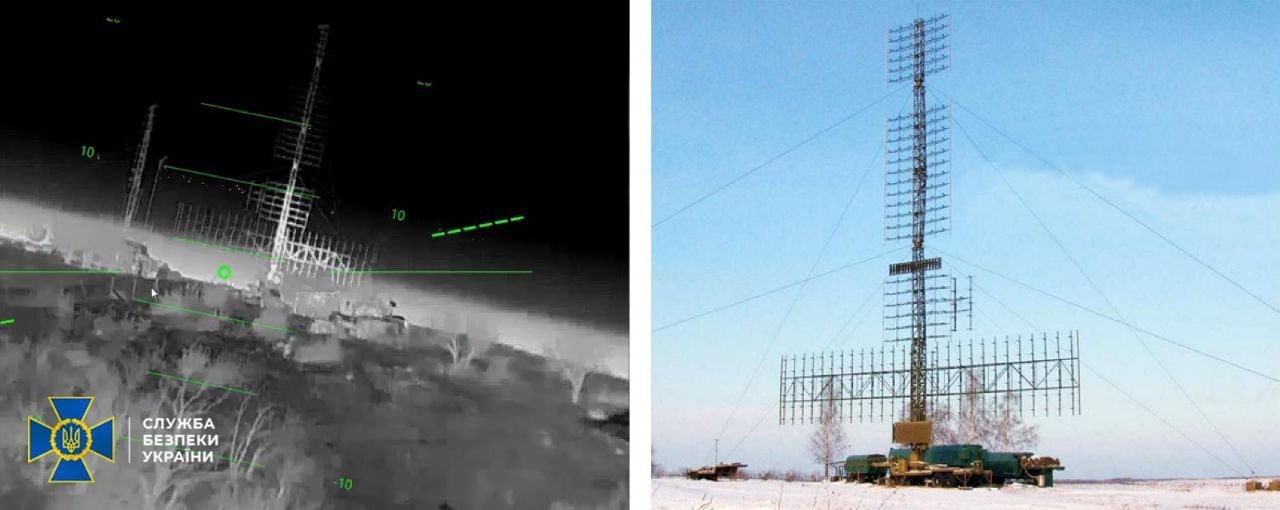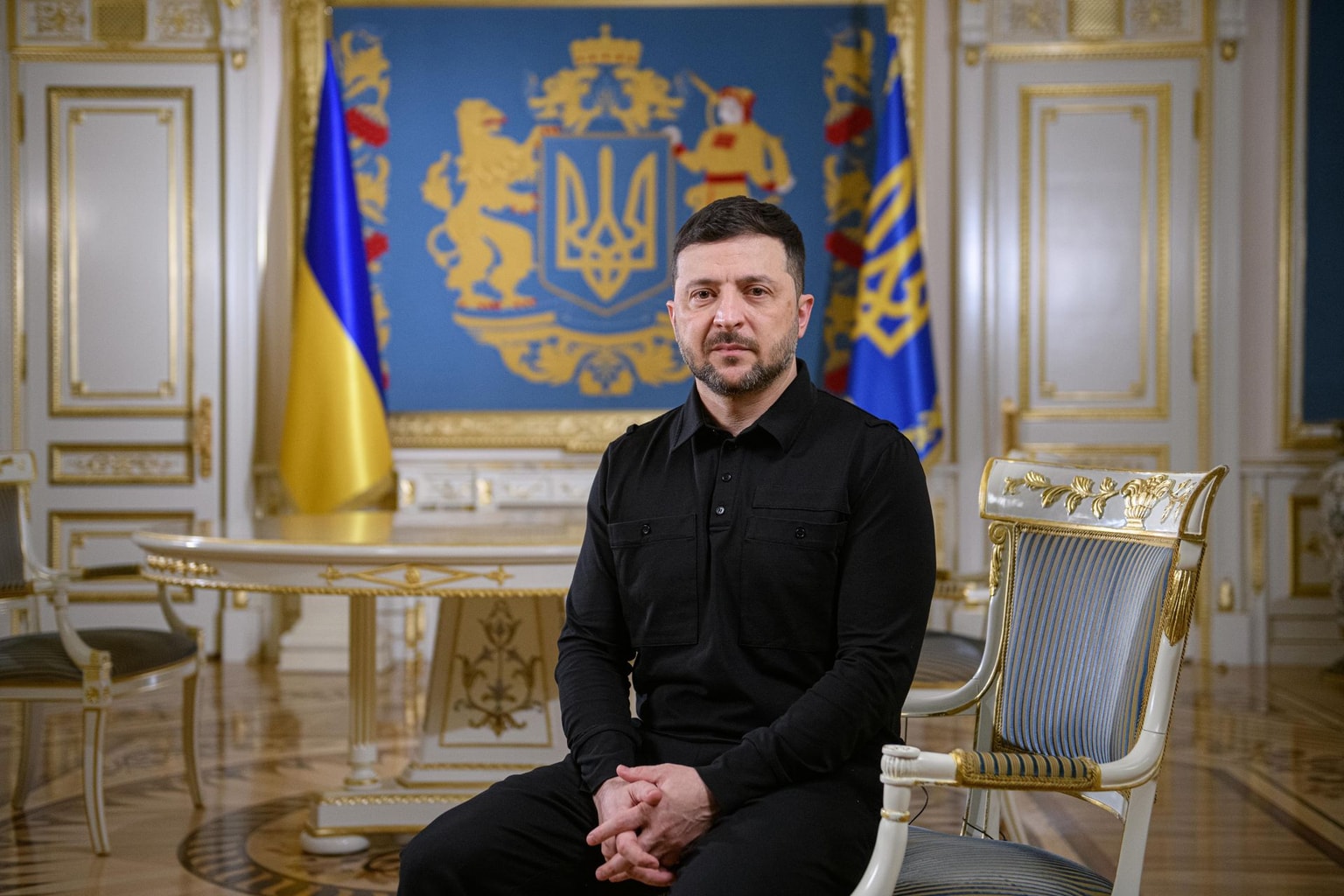Putin rejects Zelensky’s call for peace talks, accuses Ukraine of deadly bridge attack in Russia

Editor's note: This is a developing story and is being updated.
Russian President Vladimir Putin on June 4 questioned the value of ongoing peace talks with Ukraine, accusing Kyiv of orchestrating deadly attacks on infrastructure in Russia that killed seven people and injured 115 others.
Two bridges in Russia’s Bryansk and Kursk regions collapsed overnight on May 31 in what Russian authorities have described as terrorist attacks.
Putin blamed Ukraine’s top leadership for the attacks: "The current Kyiv regime does not need peace at all," he said during a televised meeting with senior officials. "What is there to talk about? How can we negotiate with those who rely on terror?"
He added that the attacks showed Kyiv is "degenerating into a terrorist organisation, and its sponsors are becoming accomplices of terrorists."
Putin’s remarks signaled that Russia has no plans to declare an immediate ceasefire or agree to a meeting with President Volodymyr Zelensky — two key demands put forward by Ukraine during June 2 peace talks.
According to Russian investigators, a bridge in Bryansk region was blown up overnight on May 31 just as a passenger train carrying 388 people passed underneath. A second bridge in Kursk was also reportedly targeted. The explosions occurred just days before Ukraine and Russia met in Turkey the latest round of negotiations.
Bryansk Oblast, located in Russia's far-west, borders Ukraine's Chernihiv and Sumy Oblast, and has been the target of various Ukrainian strikes.
Putin also de-facto rejected the idea of a full ceasefire in Ukraine, arguing that any pause in fighting would allow Kyiv to regroup and rearm with Western weapons.
Ukraine has been calling for an immediate and unconditional 30-day truce, presenting its latest proposal during peace talks in Istanbul on June 2.
"Why reward them by giving them a break from the combat, which will be used to pump the regime with Western arms, to continue their forced mobilization and to prepare different terrorist attacks," Putin said during a televised government meeting.
During the Istanbul talks, Russia proposed a temporary two- to three-day ceasefire in specific areas of the front line to allow for the retrieval of fallen soldiers' bodies, Russian presidential aide Vladimir Medinsky said on June 2.
Zelensky criticized Russia’s proposal for a 2–3-day local ceasefire to retrieve the bodies of fallen soldiers, speaking during an online press conference attended by the Kyiv Independent.
"They just don’t see a ceasefire as such at the moment," Zelensky said of Russia's proposal. "As they said regarding a ceasefire, they are ready for a 2–3-day ceasefire to retrieve the dead from the battlefield. I think they’re idiots, because, fundamentally, a ceasefire is meant so that there are no dead."
Putin said the Ukraine's position "does not surprise us" and added that "power for (Kyiv), apparently, is more important than peace and than the lives of people whom they apparently do not consider their own."
During the cabinet meeting, Putin never mentioned Ukraine’s recent drone strikes that destroyed dozens of Russian strategic bombers — despite the attack marking one of the most significant blows to Russia’s military infrastructure since the start of the full-scale war.
The strikes, part of Ukraine’s covert Operation Spiderweb, were carried out on June 1 using first-person-view (FPV) drones that had been smuggled into Russia and hidden in trucks. The drones successfully targeted four major airfields — Olenya, Ivanovo, Dyagilevo, and Belaya — used by Russia’s long-range aviation fleet, responsible for regular missile attacks on Ukrainian cities.
The Security Service of Ukraine (SBU) confirmed that 41 aircraft were hit, including heavy bombers and rare A-50 spy planes, causing an estimated $7 billion in damage. Many of the bombers were destroyed beyond repair, while others may take years to restore.


